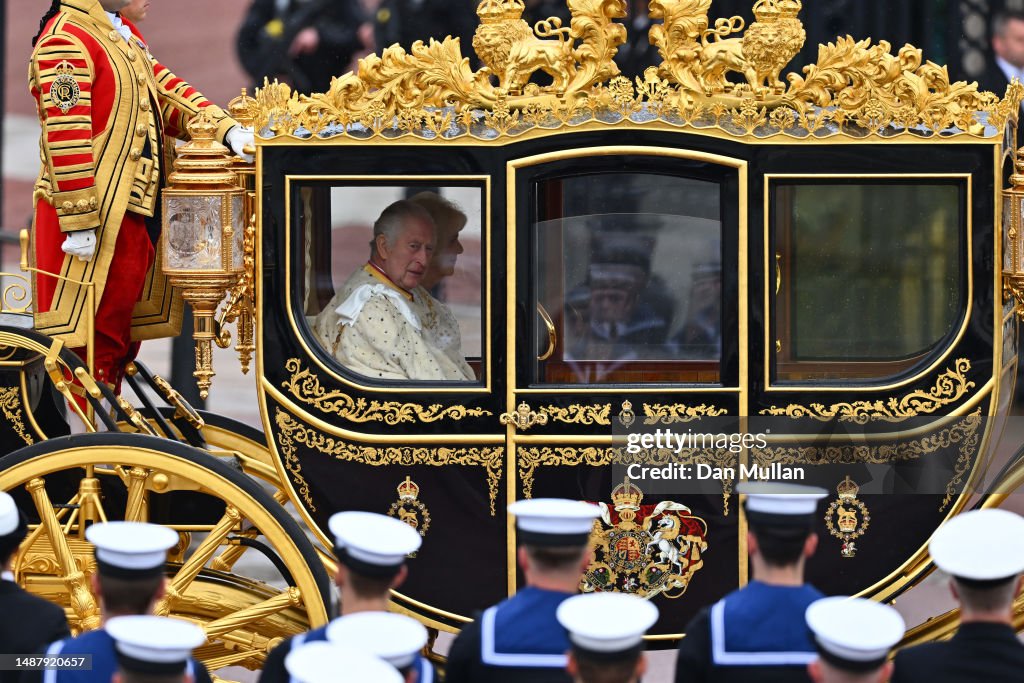Australia: A striking example
Australia, one of the Commonwealth’s most influential members, exemplifies this trend of reevaluation. In recent years, the debate over the British monarchy has been particularly intense in this country. Indeed, it concerns the fact that the British monarchy still recognizes King Charles III as head of state. Therefore, a recent incident dramatically illustrated the rising discontent with the monarchy and the Commonwealth.
During an official ceremony marking the visit of a British envoy, an Australian senator publicly expressed her disapproval of King Charles III, even going so far as to boo him in protest. This act, although controversial, reflects an opinion shared by many Australians. The gesture was not an isolated event. It represents a growing sentiment within the country. Actually, the echo of this discontent resonates in other Commonwealth states as well. This dissatisfaction is not limited to the monarchy alone. In fact, it extends to the entire Commonwealth organization, perceived by some as an outdated structure.
Reasons for rejection
Several factors explain why many Commonwealth countries are reevaluating their ties with the British monarchy. Firstly, there is a strong desire for independence among member states. Younger generations in particular wish to see their nation free from any foreign influence, especially when it harks back to a period of colonial dominance. For them, being represented by a monarch based in London is a relic of a bygone era. Also, it is the symbolic recognition of the British king as head of state which is no longer acceptable. These citizens aspire to a model of governance that is fully local, modern, and free from the remnants of British influence.
Colonial heritage is also a source of resentment. In former colonies, the continuing presence of the British monarchy painfully recalls a time when the United Kingdom exercised imperial authority over their territories. The Commonwealth, though it presents itself as a cooperative intergovernmental organization, is often seen as an extension of this colonial era, a barely disguised vestige of British domination. This history weighs heavily, especially for countries that had to fight long struggles to gain their independence. For many citizens, the monarchy is linked to the injustices and inequalities of the colonial era. Hence, they feel it is time to turn the page.
Finally, the quest for a unique identity also drives this separation. Member countries increasingly seek to affirm a cultural and political identity that is distinctly their own. It must be aligned with their values, traditions, and contemporary aspirations. Membership in the Commonwealth and the symbolic presence of the British monarchy are perceived as obstacles to this identity formation. Some nations, like Barbados recently, have taken the step of declaring themselves republics. They reject any symbolic connection with the British crown. This movement for complete autonomy and independent identity reflects a global trend within the Commonwealth. Now, national pride takes precedence over historical ties.
Implications for the Commonwealth
This growing contestation has profound implications and could permanently reshape the Commonwealth and redefine the role of the British monarchy internationally. The very status of the British monarch, as head of state in certain countries, is now seriously questioned. Countries like Australia, where the debate over becoming a republic is gaining momentum, may follow Barbados’s example. If these states choose to become republics,it would inevitably weaken the United Kingdom’s symbolic influence within the Commonwealth. It will also underline the need to redefine roles and responsibilities within the organization.
Beyond the status of the monarch, the very relevance of the Commonwealth is being questioned. In a world where international alliances and partnerships are rapidly evolving, many members wonder if this organization is still pertinent to their development. Some consider that the Commonwealth’s agenda, often centered on principles inherited from the past, no longer addresses today’s economic, social, and political realities. Consequently, many states are questioning the tangible benefits of their membership in the Commonwealth. Therefore they are also considering whether their engagement should continue.
What to remember ?
Faced with these challenges, the Commonwealth may be forced to reform in able to meet this new aspirations. The organization may need to strengthen the autonomy of the nations within it, adapting its objectives to contemporary priorities such as sustainable development, tackling inequality, or regional economic cooperation. This modernization would allow the Commonwealth to detach itself from its colonial past and refocus on values of mutual support and respect for sovereignty, more closely aligned with the expectations of its current members.
The growing rejection of the Commonwealth and the British monarchy by certain members reflects a desire for renewal and national emancipation. The incident involving the Australian senator merely illustrates a deep-seated trend that could well redefine the future of the Commonwealth, and perhaps even that of the British monarchy itself.











2 comments
Blue Techker I really like reading through a post that can make men and women think. Also, thank you for allowing me to comment!
I really like what you guys tend to be up too. This kind of clever work and exposure! Keep up the amazing works guys I’ve added you guys to my blogroll.